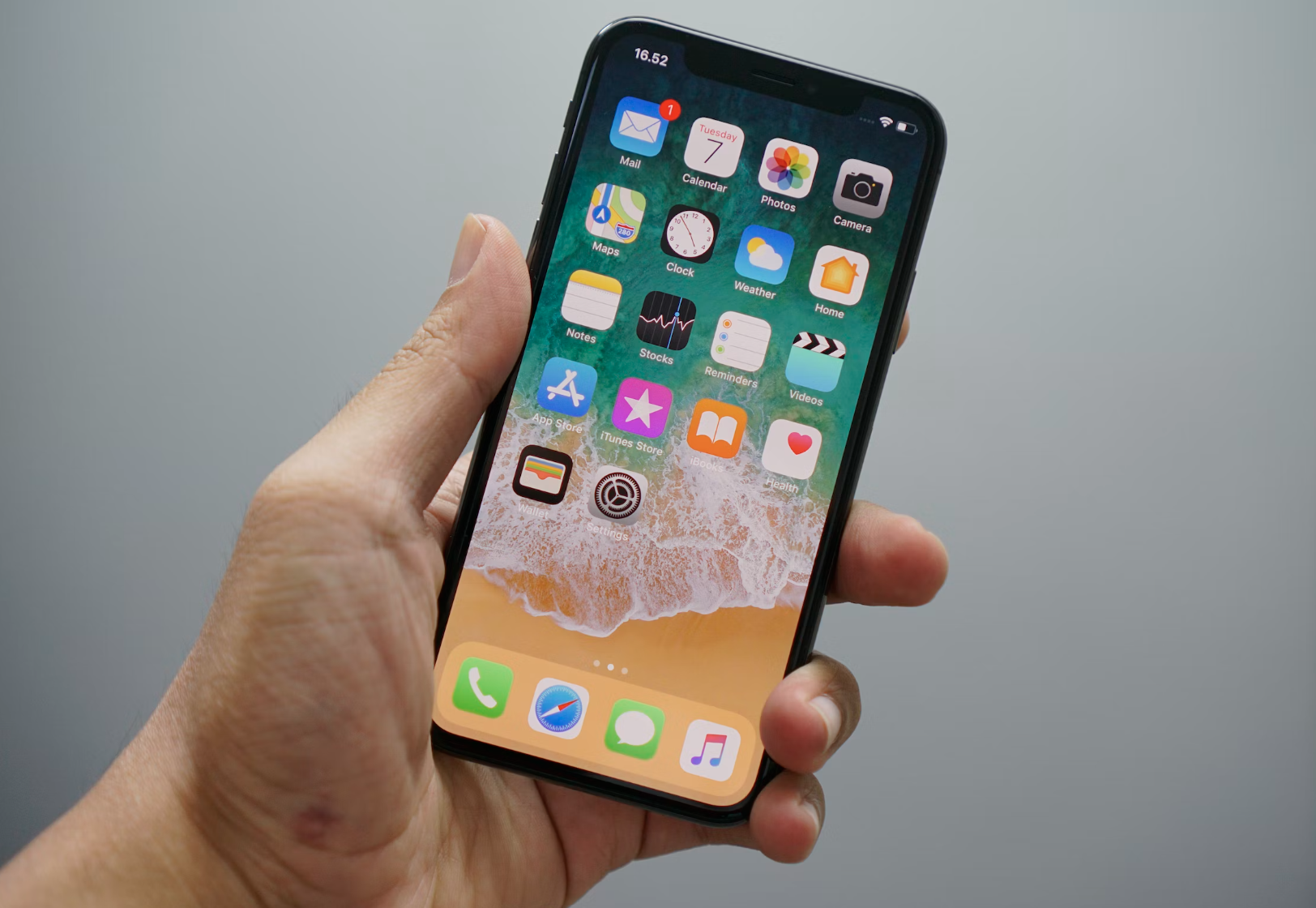As the year draws to a close, multiple prominent networks are gearing up to phase out their 3G services by the end of 2023. This impending shift necessitates that businesses verify their devices’ compatibility with 4G services or consider upgrading, in order to avert potential disruptions.
Gloucestershire, UK, 30th August 2023 – Vodafone and EE stand as the pioneering networks to initiate the closure of their 3G services. Vodafone anticipates the complete cessation of its 3G network by December 2023, followed by EE in early 2024.
This development ensues subsequent to a government agreement with the four major networks—Vodafone, EE, O2, and Three—to phase out their 2G and 3G services by 2033. Nevertheless, individual providers retain the autonomy to choose the timeline for discontinuing these services prior to the stipulated date. Consequently, businesses could potentially face connectivity setbacks if they have not yet upgraded their devices.
“The sunset of the 3G network is poised to impact businesses that heavily rely on IoT technology,” remarked Darren Thompson, Head of Sales at Bamboo Technology Group. “This includes transport companies utilising SIM cards in their logging devices, retailers deploying point-of-sale payment terminals, and enterprises with security systems not linked to WiFi, among various others.”
3G networks underpin voice and video streaming, while also furnishing internet connectivity in the absence of Wi-Fi. Though superseded by swifter 4G and 5G networks, 3G networks still facilitate connectivity for a spectrum of devices, encompassing tablets that employ SIM cards, alarm systems, and older mobile phones still in use among employees who do not require enhanced functionality.
The government’s decision to phase out 2G and 3G networks aims to liberate spectrum for 5G technologies and beyond, augment efficiency, and bolster security and resilience across the UK’s mobile networks.
However, several countries, including the USA, Germany, Italy, and the Netherlands, have already initiated the network switch-off. Consequently, if business-related travel is on the horizon, the 3G shutdown could impact roaming services, restricting staff from making calls or accessing data unless connected to WiFi.
“The transition to faster, more efficient networks is undoubtedly positive, yet it could leave businesses grappling to uphold vital operations if they fail to strategise ahead,” continued Darren.
“However, the transition to 4G-compatible devices need not be unduly costly. Our team can assist businesses in devising a plan, ensuring their connectivity requisites are met in a manner aligned with their future growth,” concluded Darren.
For comprehensive insights into the implications of the 3G switch-off on businesses, access Bamboo’s informative guide.






